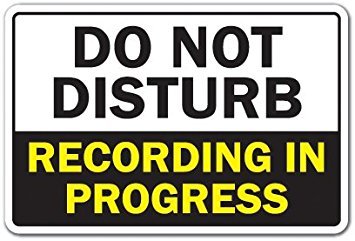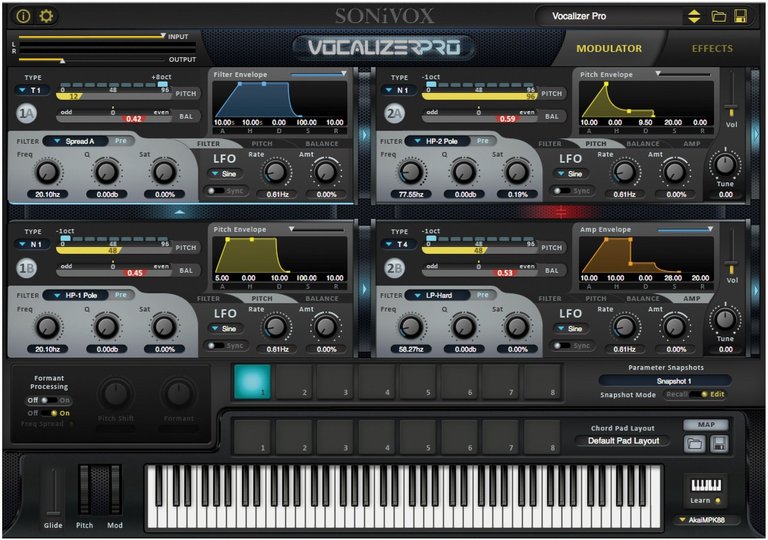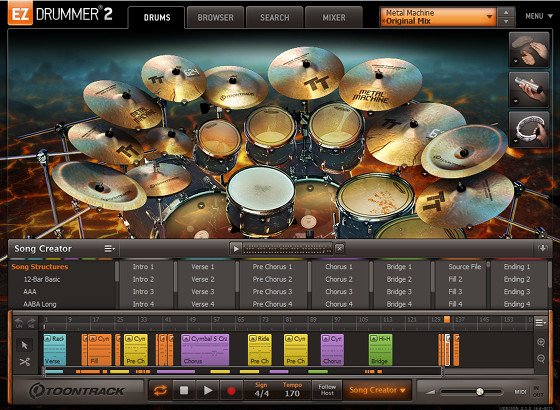Hello steemians!
These are my past five posts on this series, in case you're interested:


Audio plugins - What are they?

Magical pieces of stardust that can make or break your recording?
Close, but not quite. Audio plugins are pieces of software designed to alter or create an audio signal.
Usually they tend to be digital representations of real life audio hardware, many times that hardware is very scarce, or extremely expensive and inconvenient to get, such as vintage synths or analog EQs and compressors.
At first, those representations weren't up to par at all, but after 20 years of history and a lot of r&d, modern plugins can come extremely close to the real thing they are trying to emulate.
The most exciting thing about audio plugins, in my opinion, is the other side of that coin though. There are a lot of plugins designed not to emulate, but to create sounds that wouldn't be possible otherwise. This is somewhat similar to what happened with synthesizers when they first became a thing.

What kinds are there?
They are usually divided in two categories: effects and instruments.
-Effects-

These are the kinds of plugins that modify an existing audio signal, some examples of these are EQs, compressors, reverbs, distortions and limiters.
These have many creative uses but are mainly used as modifiers of sound.
-Instruments-
These type of plugins can be divided in two categories as well:
Synthesizers and samplers. Also they mostly require some type of MIDI controller to have the sounds triggered.
-Synthesizers-

These are sound generating pieces of software, they generate different digital wave forms (sine, square, sawtooth) and have ways of modifying them to create very unique sounds.
You can find digital vintage synths, some emulate the signal path and processing of the audio, and some simply use audio samples of the physical object, the latter belong in the sampler category.
-Samplers-

These are plugins that use audio samples of real life instruments to recreate them virtually, you can find extremely close emulations of some of the greatest instruments there are. Samplers are extremely useful if, like me, you don't have a lot of money but want to record and mix the music you love to hear.
Sampler usually use big libraries of recorded audio samples from the instruments they're supposed to sound like. These libraries have a tendency of using up a lot of hard drive space.
-Impulse responses-
These are not plugins by themselves, they are a mix of a sampler and an effect, usually used to model the physical response or resonance of an object or a place, they are samplers in the sense that they use recordings to be triggered, but they are also effects in the sense that they can be applied to a recorded sound to modify it.
This is and example of a lot of these types of plugins used together to emulate, record, mix and master a song:
The drums you hear are a drum sampler called Superior drummer 2, the bass is a Kontakt instrument, the guitars use amplitube and guitar rig to emulate guitar amplifiers and cabinets, You can also hear reverbs, EQs and compressor being used.

What is VST, audio units, RTAS and AAX?

They are the most used plugin formats used today.
VST means Virtual Studio Technology and it was developed by Steinberg, it is the most widely supported by most DAWs and so it is the most widely used plugin format across the world as a result.
If you use a windows pc for your recording and mixing, unless you use Pro tools, this is the format you will be using.
Likewise, if you use a mac, unless you use Pro tools, you will be using audio units. This format was developed by Apple.
As you may have noticed, Pro tools is the odd one out and that is by design.
As Pro tools is one of the first DAWs, and has been the most used on professional studios around the world for a long time, it developed it's own plugin format called RTAS or Real Time Audio Suite, this plugin format is not compatible with any other DAWs by itself.
The AAX format, also known as Avid Audio eXtension was introduced by Pro tools development company Avid in the Pro tools HDX and Pro tools 10 versions of the software. This format is mostly only supported by the Avid family of products as well.

32 bit vs 64 bit

If you use a windows PC chances are you have had to decide to install either
a 32 bit or 64 bit version of your DAW or plugins, I could go into fine detail here, but it would not make a great deal of difference.
32 bit software was developed for old versions of windows, we are currently in a transitional period, but eventually everything will be created for 64 bit versions of windows and the software running on it, including DAWs. If you have an older machine, with less than 4GB of RAM memory, it is recommended that you use 32 bit software all around.
If your PC has 8 GB or more of RAM memory, chances are you have a 64 bit version of windows, in which case you can install both 32 and 64 versions of DAWs and plugins alike. If your PC has enough power I would recommend that you install the 64 bit version of your DAW.
Suffice to say, if you have installed a 32 bit version of your DAW, you can't use 64 bit plugins by themselves. Same thing happens with 64 bit DAWs and 32 bit plugins.
If you happen to have a 32 bit plugin that you love and don't have the 32 bit DAW chances are your plugin wil NOT be supported by your DAW.
If this is your case, don't dispare, you can get something like Jbridge which allows you to use 32 bit plugins on 64 DAWs and vice versa. It has a free demo you can try and you can buy it after the trial period expires. It works amazingly well, it's almost seamless.

I have installed some plugins, now how do I use them?
Well... It depends. It's quite different from DAW to DAW so I would advice you to read the manual or find an online tutorial for your particular DAW.
Youtube is a marvelous database for this. I recommend it ;P


That's it for now! Thank you very much for reading, if you have any topic you'd like to see here, or have any questions, please feel free to comment below! :D
I hope this is useful for you! If you know someone that you know wants to start recording, please share this with them!
On a different note I would like to thank my friends @meno and @krystle for pushing me to keep posting on steemit, I had no plans of quitting, but it is incredibly inspiring and rewarding to feel so appreciated!!!
I'll see you on my next post!


Awesome, always wanted to get a soundboard
Cool!! Those are cool! :)
Very informative. Had no idea about audio plugins! Upvoted :)
Thank you! :) Awesome that you first heard about plugins from my post hehe
I use REAPER as DAW, hahah I can´t help to say VST to friends that are not into production and they always tell me, what? :) nice article :) nicely put
Reaper rules!! the VST thing happens to me all the time hehe
Thank you! I'm glad you liked it! :)
We seriously made a VST out of the squeaks and sounds of our pet rats, stretched they rendered the most amazing pads, and I use them to do all sorts of new age music. People say, ohh so relaxing, and it's actually my lovely Tuula´s squeak :) My partner makes scripts for REAPER so I got it all custom (so honestly I can be a bit lazy). Great post.
Your post received an upvote by the @illuminati-Inc music curation team and its partner @curie.
You may consider voting for the Curie witness; all witness payouts are used to fund Curie operations including but not limited to more than 10 curation teams (vote here).
Awesome! Thank you very much! I have already voted for Curie as witness :)
Thanks for your support! :)